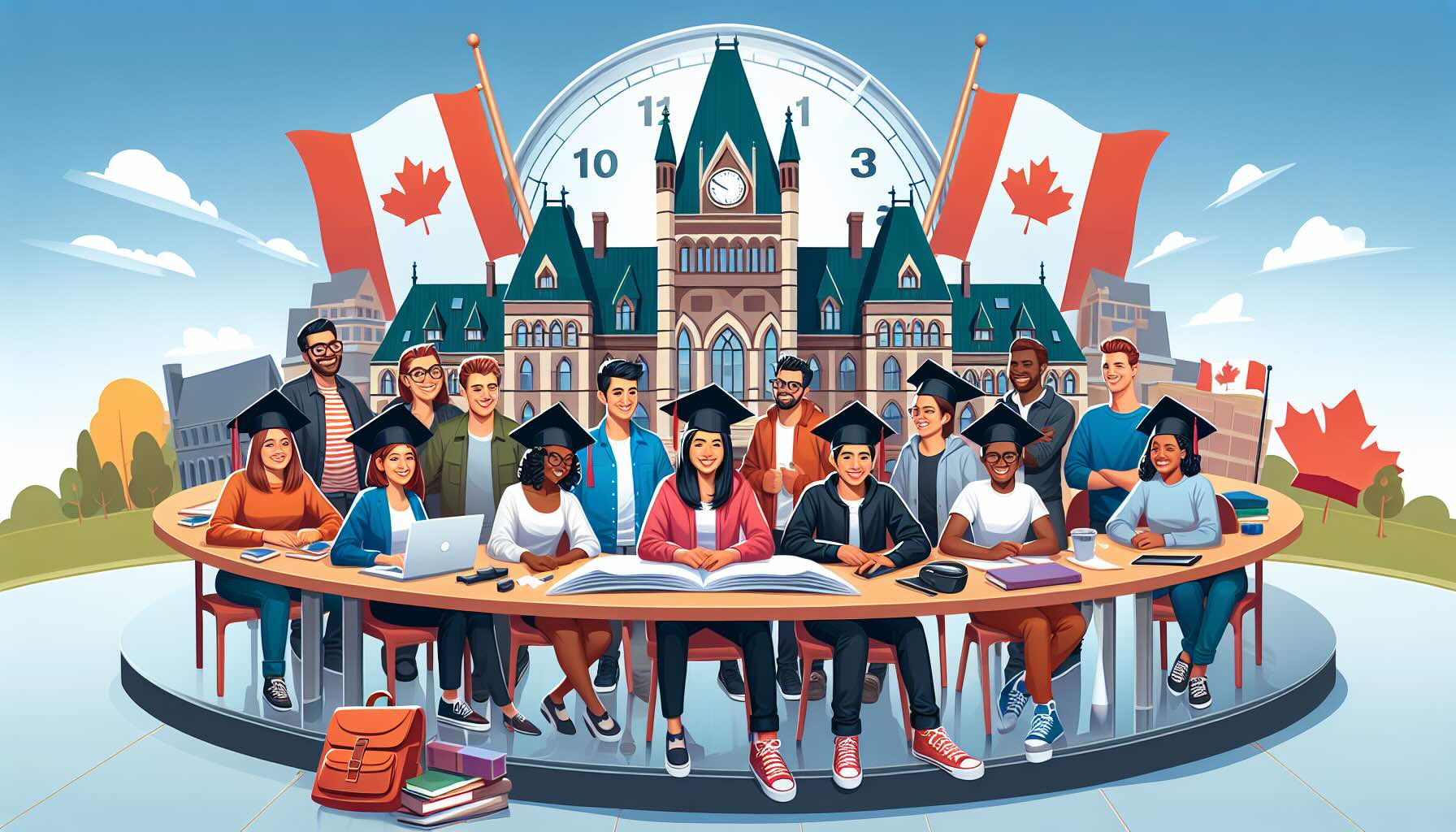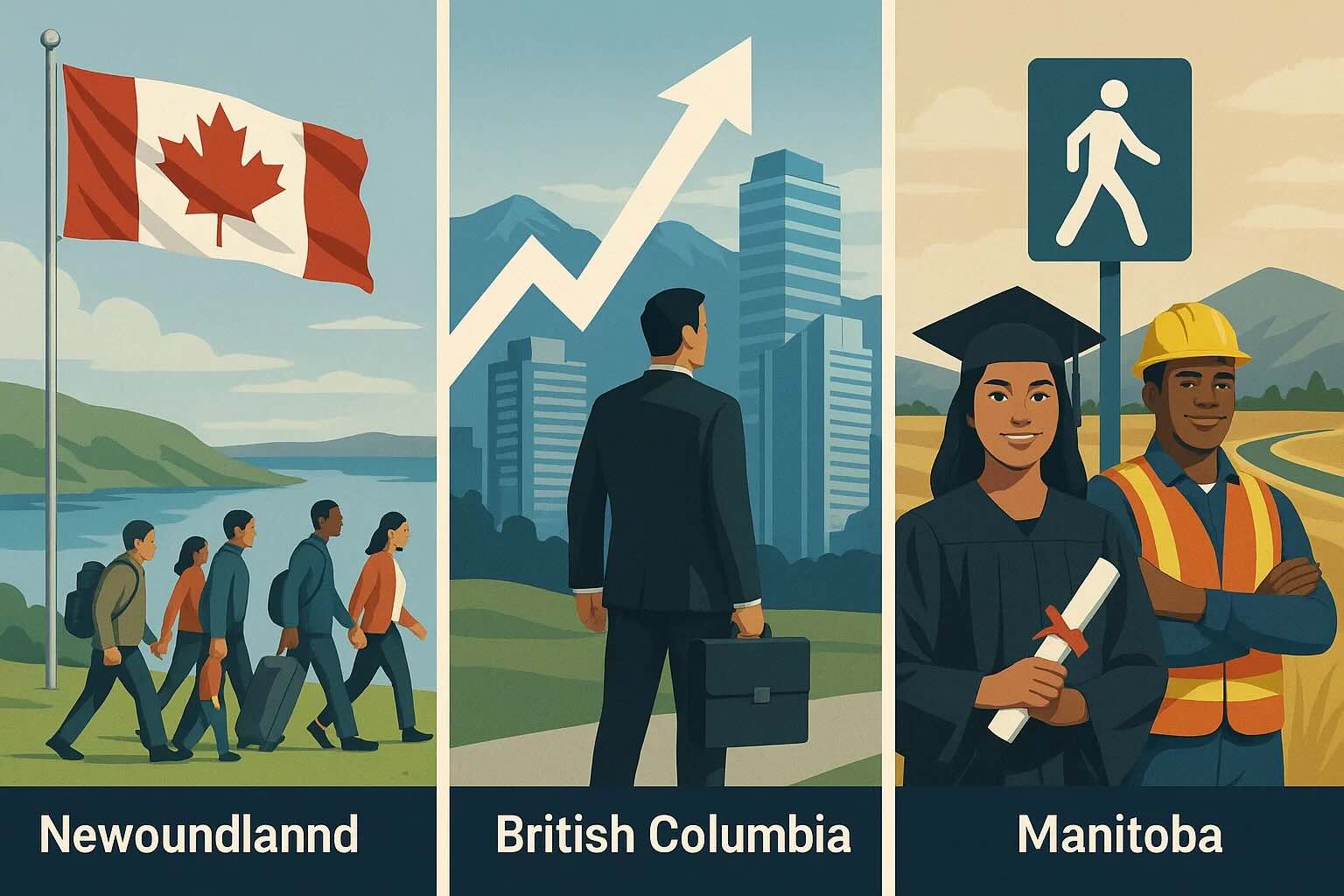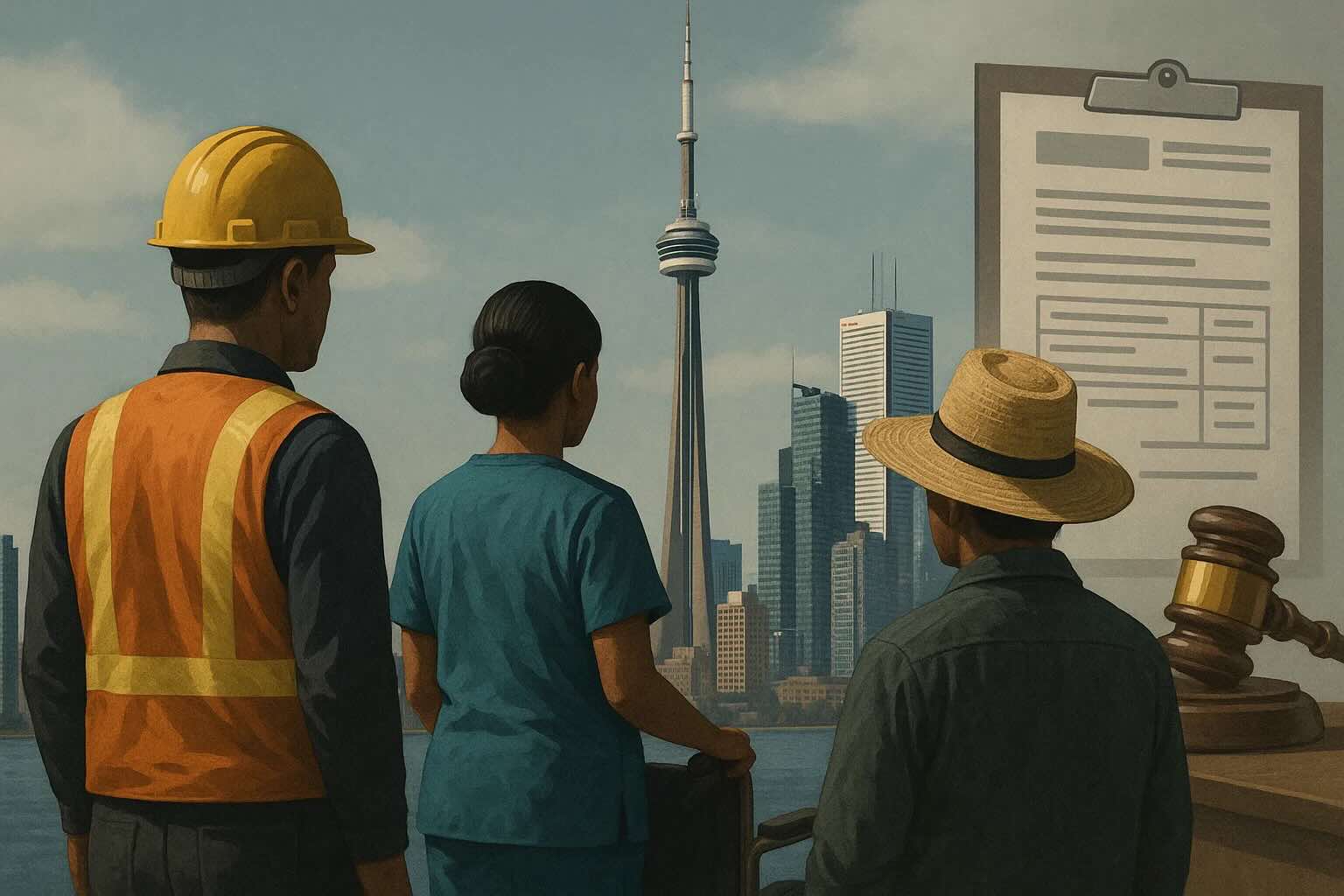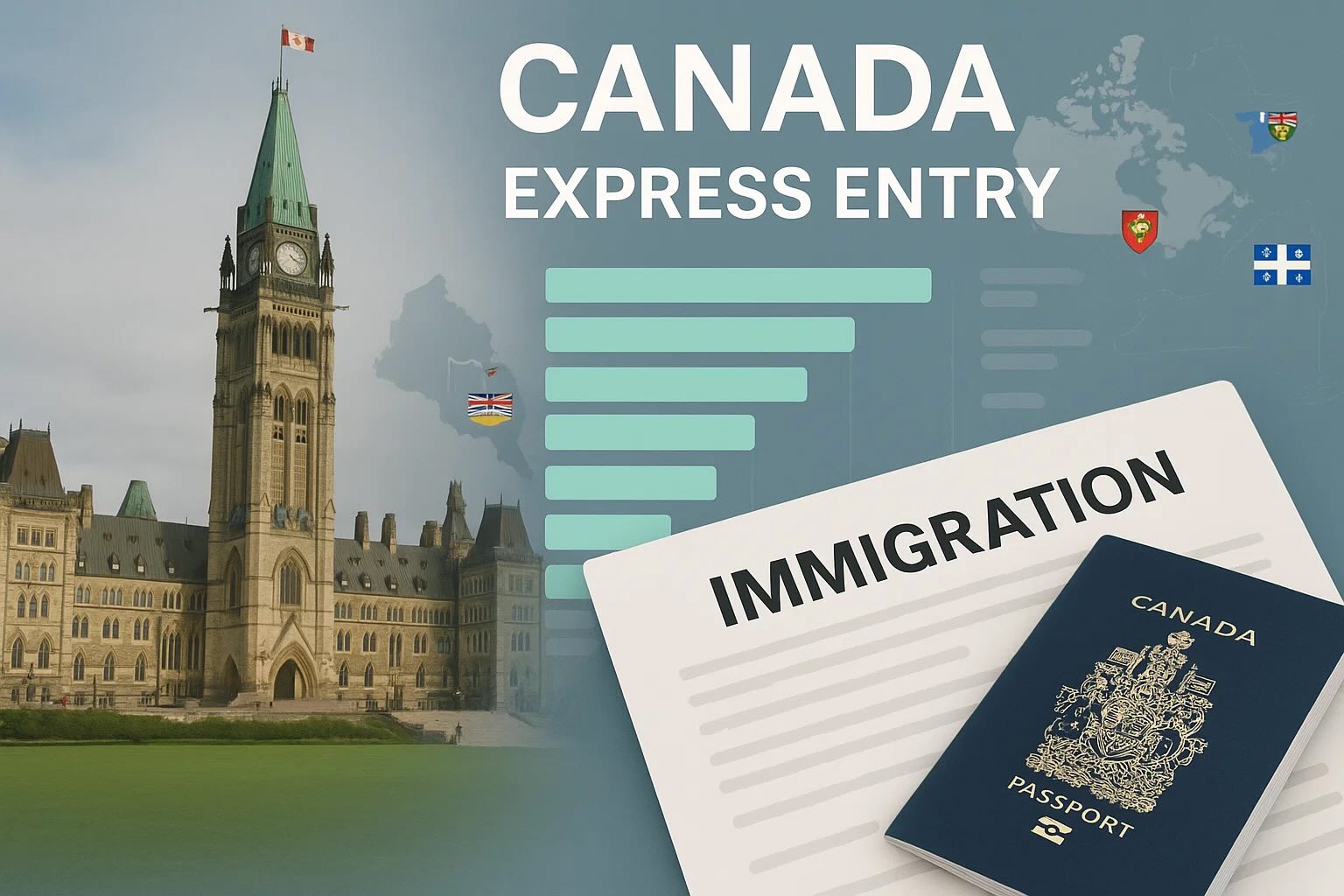Background and Key Points of the New Policy
1. Effective Dates and Total Quota
- According to the ministerial instructions published on January 18, 2025, the new regulations take effect on January 22 and continue through December 31 of the same year.
- During this period, IRCC will accept and process up to 505,162 study permit applications. Any applications beyond this quota will not be processed, and the fees will be refunded.
2. Scope and Purpose of the Restrictions
- This measure aims to limit “net new” study permits in order to control the growth of Canada’s temporary resident population.
- In setting this cap, the relevant authorities have considered the needs of international students across various provinces and territories, ensuring a certain quota of study permits for each region.
3. Comparison with Last Year’s Policy
- In 2024, IRCC set a processing target of 606,250 study permit applications, with an actual approval target of around 364,000.
- In comparison, 2025 sees a reduced processing target of 505,162. IRCC has yet to announce the final approval target for this year.
Exemptions and Specific Criteria
Under the ministerial instructions, certain study permit applicants are exempt from the quota restrictions outlined above. The specific exemptions include:
1. Renewal at the Same Institution and Level of Study
- Applicants continuing at the same Designated Learning Institution (DLI) and at the same level of study (i.e., renewing an existing permit under the same conditions) are exempt from the quota.
2. Unenforceable Removal Orders and Valid Temporary Resident Permits
- Applicants subject to unenforceable removal orders who hold a temporary resident permit valid for at least six months are also exempt.
3. Individuals with Special Status or in Specific Immigration Processes
- Applicants sponsored by a Canadian relative under in-land sponsorship;
- Protected persons;
- Individuals who have applied for Canadian permanent residence and received a study permit exemption order;
- Family members of any of the above categories.
4. Exchange Students and Recipients of Specific Funding
- Applicants coming to a Canadian DLI as exchange students;
- Applicants attending a DLI managed by a federal department or agency;
- Applicants who have received non-Canadian scholarships administered and funded by Global Affairs Canada.
5. Francophone Community Pilot Programs and Public Policy Exemptions
- Applicants selected for the Francophone Minority Communities Student Pilot;
- Individuals protected under a public policy issued by the federal immigration minister due to a crisis or other special circumstances;
- Persons exempt from study permit requirements under a “temporary public policy” that exempts certain Indigenous individuals and their family members. These individuals can study without needing a permit and are therefore outside the quota system.
The Difference Between “Applications Processed” and “Applications Approved”
1. Quota Targets “Applications Processed”
- The figure of 505,162 refers to the total number of applications IRCC intends to receive and review, not the number of study permits that will ultimately be issued.
- Over the past year, IRCC began imposing caps on the number of study permit applications it processes to mitigate the impact of fluctuating refusal rates and extension demands.
2. Logic Behind Approval Targets
- As early as 2024, then-Immigration Minister Marc Miller noted that IRCC generally forecasts yearly approval targets by analyzing historical refusal rates and extension trends.
- After considering these factors, IRCC sets a yearly “processing cap” designed to approach the anticipated number of approved study permits. The specific approval target for 2025 has not been released.
3. Arrivals vs. Approved Permits
- According to the 2025–2027 Immigration Levels Plan, IRCC expects to accept (or “land”) approximately 305,900 new students each year. This does not equate to the number of study permit approvals for the same year.
- Because there is often a delay between a student’s visa application and their physical arrival in Canada, the number of permits issued and the final arrival count rarely align exactly.
Implications for International Students and Related Institutions
1. Application Timing Is Crucial
- With the new policy in effect, a surge in submissions might deplete the quota early. Prospective international students should prepare and submit applications as soon as possible to ensure they fall within the “processed” quota.
2. Quota Management by Schools and Provincial Governments
- Canadian provinces and territories have been assigned respective quotas by IRCC, potentially influencing both admission offers and overall international student program planning at various institutions.
3. Policy Landscape Remains Fluid
- Although this year’s quota is reduced compared to last year, IRCC is continuously evaluating and refining policies in this area. Further changes could arise, affecting the study abroad landscape in the coming years.
Conclusion
Canada’s 2025 study permit quota underscores the federal government’s cautious approach to managing the number of international students and the growth of temporary residents. For those planning to study in Canada, being informed of the new exemptions and submitting applications before the quota fills up will be critical strategies this year. For provinces, territories, and educational institutions, the policy shift offers a chance to reassess their capacity for enrolling international students and allocate resources accordingly. As IRCC releases more details and updates, prospective students should stay vigilant about policy announcements and plan thoroughly for their study abroad journey in Canada.









